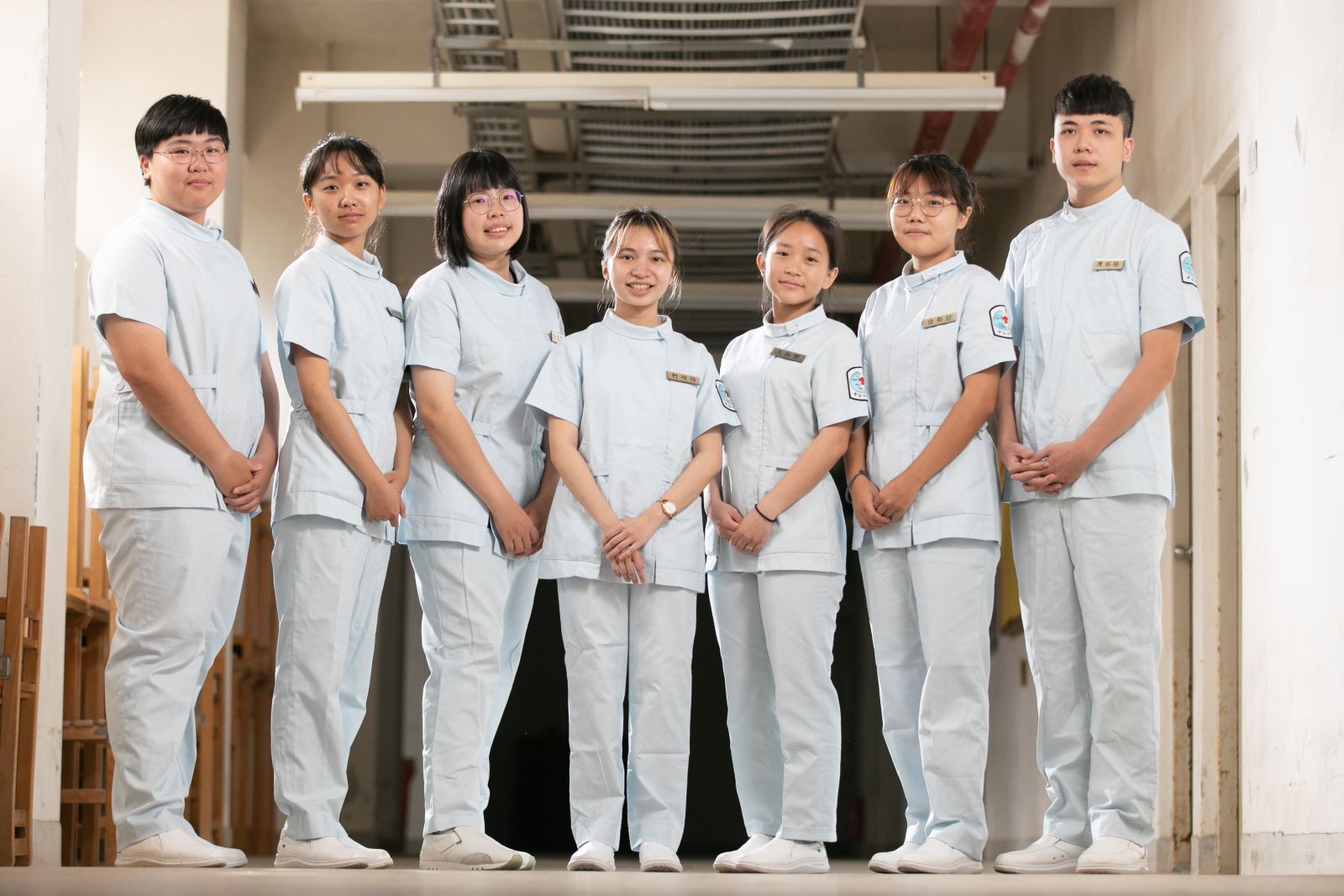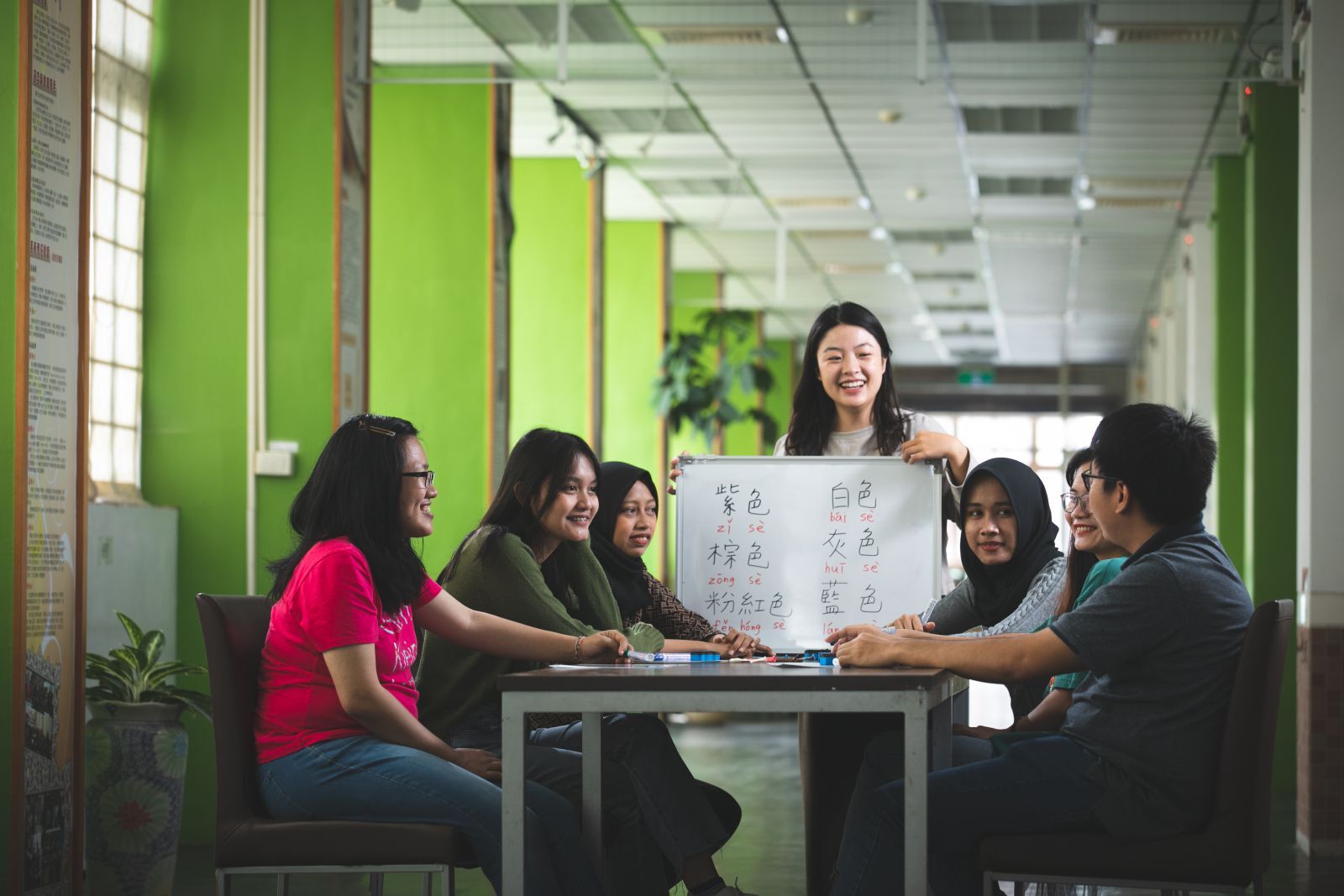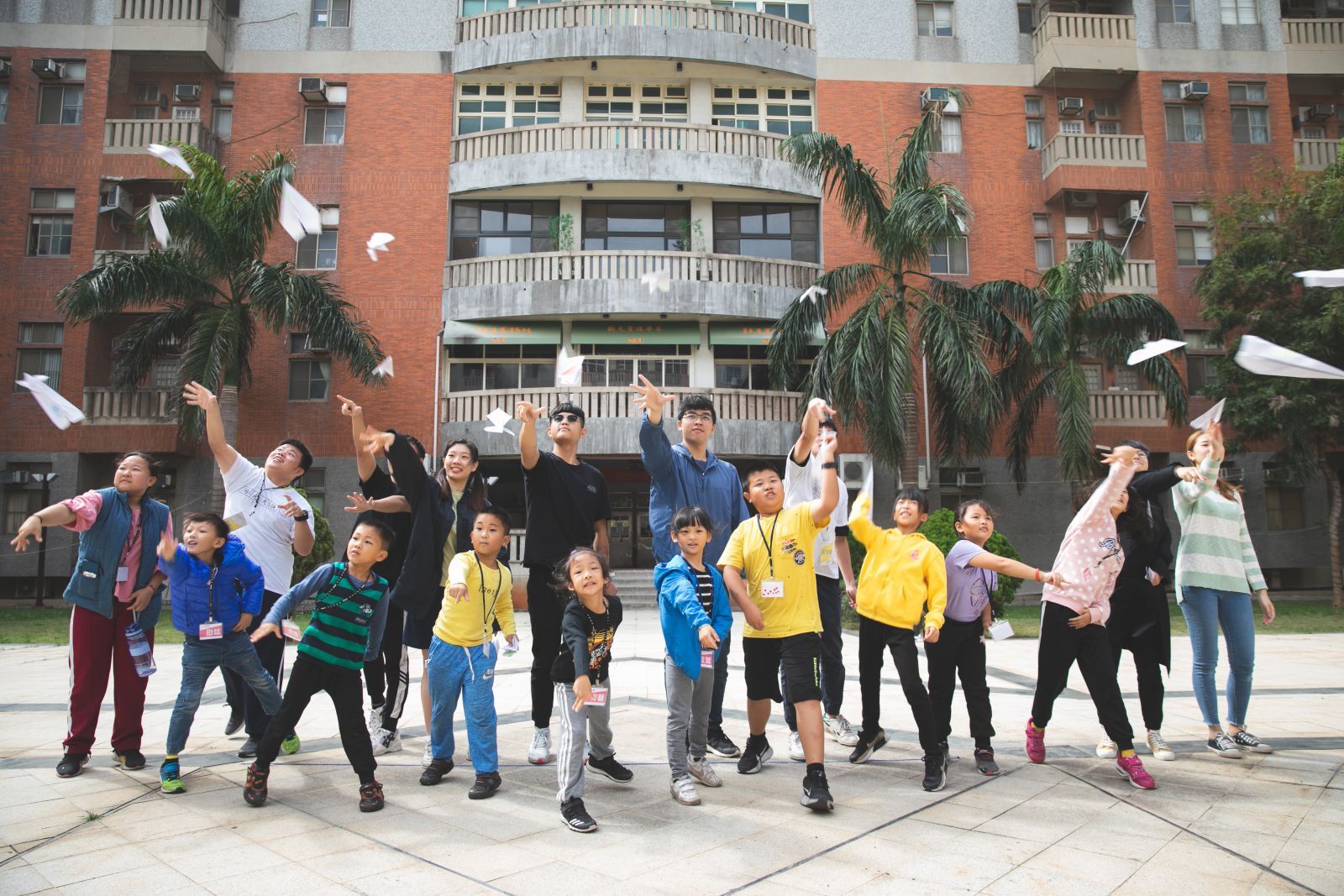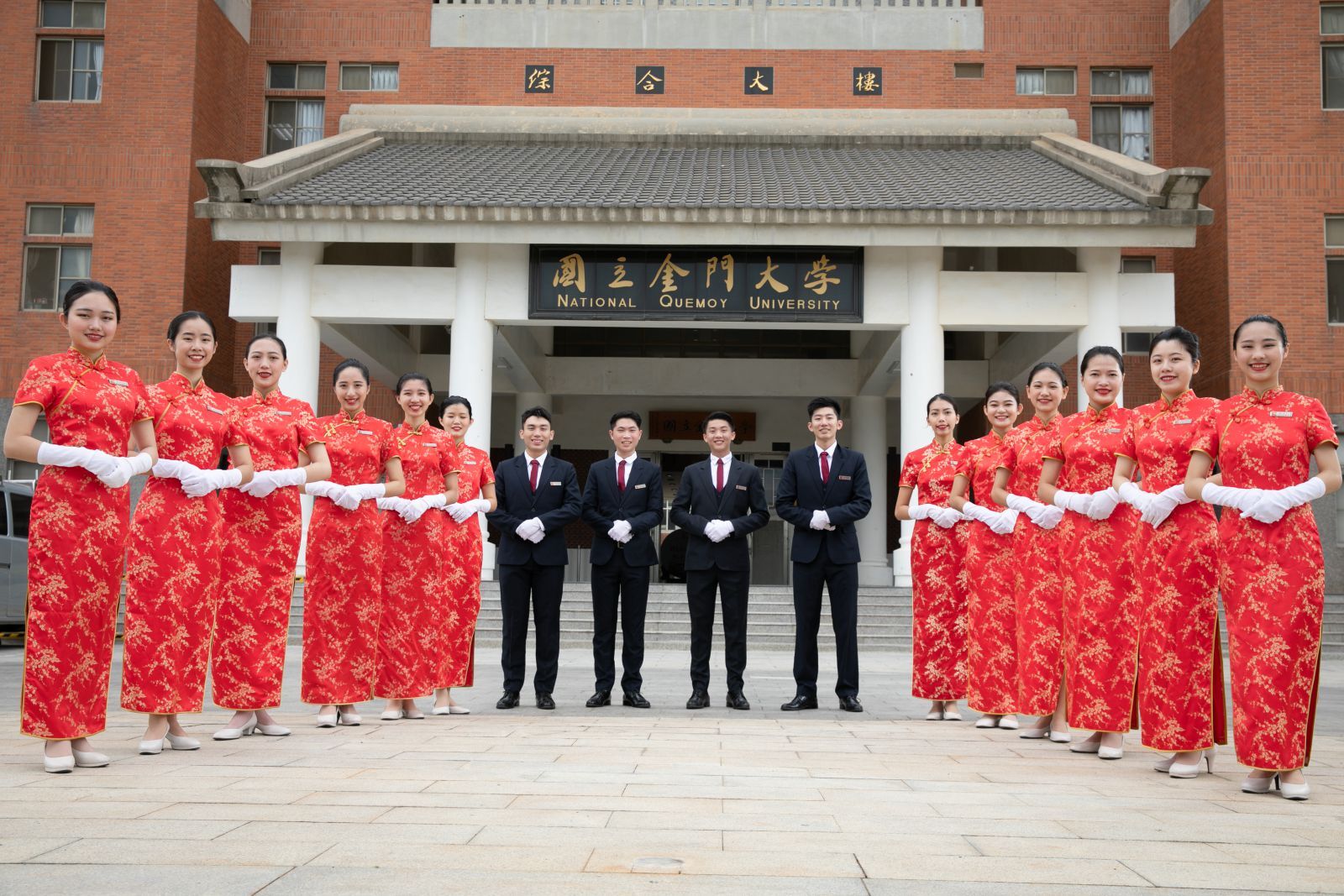
Social Impact: Yunus Social Business Center
Nobel Peace Prize laureate Dr. Yunus established the Grameen Bank initially as an experiment to end poverty in Bangladesh. The bank offered microfinancing options and small loans to the poor. The Grameen Bank's success helped him demonstrate to the world that social problems can be solved with social businesses.
With support from Dr. Yunus, the Taiwan Yunus Foundation was established in 2015 to promote and nurture social businesses. In 2017, the Yunus Foundation cooperated with NQU to establish the Yunus Social Buiness Center (YSBC) in the school, which is the fourth in Taiwan and the first social enterprise research center on outlying islands.
For the past 3 years since its creation, the YSBC has combined courses with the Department of Business Management, assisting NQU students in creating proposals to solve social problems such as disadvantaged children, new business, elderlies living alone, and adolescent obesity using social business models.

Exporting Chinese Language: Improving Chinese Language Competency For Overseas Chinese Children
Kinmen is the hometown to many Overseas Chinese. The NQU could not have been built without their contributions. One such example was the late Dr. Yeoh Tiong Lay who was a leader in the Chinese community in Malaysia and also a lifelong NQU honorary president. Kinmen's education and its development was always on his mind. Not only did he give continued support to Chinese Language education, but he also adopted the college of engineering, which was renamed to the Yeoh Tiong Lay College of Engineering. His family also donated a combined total of over NT$80 million to the university.
Former chairman of the Jakarta Kinmen Foundation Dr. Budiono Widodo was a second-generation Overseas Chinese from Kinmen who returned to Taiwan in 2005 and started the trend of large donation sums to Taiwan from Overseas Chinese. He adopted the College of Leisure Management and the general building was renamed to his name. Wee Cho Yaw, who was Chairman of Singapore's UBO Group and Singapore's Kinmen Association, donated more than $20 million to the NQU and adopted the College of Humanities and Social Sciences.
In recognition of this gift, the NQU has extended its social responsibility to cover Overseas Chinese. Every summer, working jointly with the overseas internship program from the Department of Chinese Studies, 15 outstanding students are selected to teach Chinese at universities, elementary and secondary schools in Vietnam, Myanmar, Malaysia, and Canada, playing an important role facilitating cultural exchange.

The Sunshine Angels, Safeguarding Kinmen's Youth
There is a total of about 50,000 residents living in Kinmen. The total number of students at the NQU amounts to about 4,000. By estimation, about one out of every 10 people in Kinmen is a NQU student. No other universities in Taiwan come close to this high resident-to-student ratio. How to give back to the local communities then, has become the collective responsibility of all students at the NQU.
The NQU Sunshine Angel Society is one of the most active student organizations on campus with a history of 11 years and 277 current members. It is a self-organized student group with aims to improve society through social changes. Sights of these Sunshine Angels can be found in all five townships throughout Kinmen. Society members spend their holidays and free time outside of class tutoring disadvantaged children, providing after school care and assistance for new immigrants or intergenerational families, bridging learning gaps and stimulating learning interests.
The Sunshine Angel Society's kindness doesn't stop at the children however. They have extended their outreach to community events like beach cleaning and road safety campaigns. These acts have not only been well-received around campus, but also recognized by the Kinmen County Government and local community groups.
A university and the city where it resides share a symbiotic relationship. Although over 90% of the students here are not from Kinmen, they are willing to take the initiative in giving back to the local community. This act embodies the NQU spirit, and shows the bonds students forge with Kinmen.

A happy city that nurtures the happiest university in Taiwan
The surplus profit from Kinmen Kaoliang Liquor Corporation has provided many benefits to the residents of Kinmen, including free sorghum liquor for the residents as gifts during the three major Taiwanese holiday periods. It has also provided education subsidies and transportation discounts. Adding the subsidy for outlying islands from the Taiwan Central Government, it's no surprise that Kinmen has long been regarded as a happy city with great resident benefits.
In order to encourage attendance at the NQU, the Kinmen County Government provides an annual subsidy of $10,000 NTD per student for tuition and a $4,000 transportation and book subsidy. If students from other cities change their residence registration to Kinmen (the school address may be used for this purpose), then they could even get airfare discounts for traveling between Kinmen and Taiwan, as well as additional discounts on bus fare and medicare costs. When compared with going to universities elsewhere located on the main Taiwan island, coming to Kinmen from Taiwan is actually a very attractive option as it offers extremely competitive benefits.
